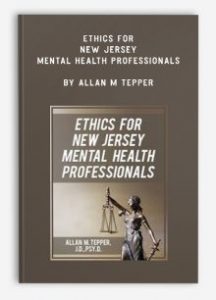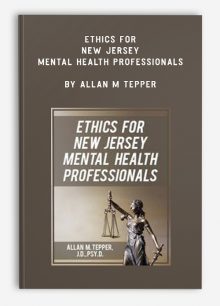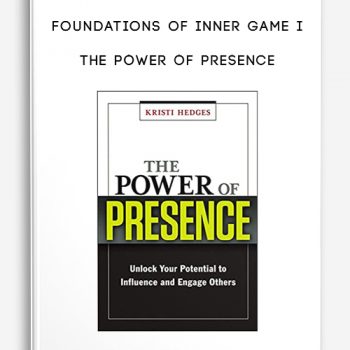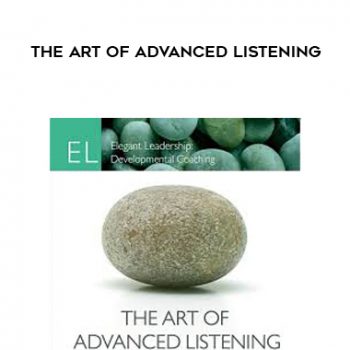 Ethics for New Jersey Mental Health Professionals by Allan M Tepper
Ethics for New Jersey Mental Health Professionals by Allan M Tepper
More information about Medical:
Medicine is the science and practice of establishing the diagnosis, prognosis, treatment, and prevention of disease.
Medicine encompasses a variety of health care practices evolved to maintain and restore health by the prevention and treatment of illness.
Contemporary medicine applies biomedical sciences, biomedical research, genetics, and medical technology to diagnose, treat, and prevent injury and disease,
typically through pharmaceuticals or surgery, but also through therapies as diverse as psychotherapy, external splints and traction, medical devices, biologics, and ionizing radiation, amongst others.
Medicine has been around for thousands of years, during most of which it was an art (an area of skill and knowledge) frequently having connections to the religious and
philosophical beliefs of local culture. For example, a medicine man would apply herbs and say prayers for healing, or an ancient philosopher and physician would apply bloodletting according to the theories of humorism.
In recent centuries, since the advent of modern science, most medicine has become a combination of art and science (both basic and applied, under the umbrella of medical science).
While stitching technique for sutures is an art learned through practice, the knowledge of what happens at the cellular and molecular level in the tissues being stitched arises through science.
Description
This intermediate level program focuses on ethical, legal, statutory or regulatory policies, guidelines and standards that impact psychological practice and explores the manner by which clinical and ethical issues affect the everyday practice of the mental health professional in New Jersey.
A licensed and practicing psychologist and attorney, Dr. Allan Tepper’s blend of clinical and legal experience allows for a deeper understanding and interpretation of the rules that govern mental health practice in New Jersey and allows the attendee to identify specific state laws that affect and govern their practice.
Through lecture, real case examples, a review of references including the APA Ethical Principles of Psychologists and Code of Conduct and the seminar manual with state specific policies and regulations; clinicians watching the course will be able to write policies for their practice, explain the content of medical records requirements and analyze their practice’s compliance with state specific ethical and legal requirements.
This course will help the practicing clinician to evaluate their record keeping practices and determine which notes and documents are required for medical records to be compliant. Finally, attendees will discuss the provider’s responsibilities related to confidentiality and duty to warn with both adult and minor populations.
Understand the Legal System
- Statutes
- Rules and regulations
- Case law
- Finding the law
Legal Exposure
- Criminal liability
- Civil liability
- Licensing complaints
- Organization complaints
Establish the Treatment Relationship
- The professional relationship
- The legal and ethical principle of informed consent
- Informed consent as part of the treatment modality
- Use of and reliance upon written consent forms
Record Keeping Practices
- Record keeping regulations
- Items which constitute the record, personal notes vs. charting, raw data, computer printouts and third party records
- Access to records by written requests, subpoenas and court orders
The Ethics of Duty to Warn
- Duty to warn potential third-party victims
- Review of specific New Jersey case law governing danger to others
- A clinical approach to the duty to protect
Treatment of Minors
- Age of majority
- Consent to treatment and access to records
- Clinical implications in the treatment of the older adolescent
- Treatment of minors in situations of family separation and divorce
Non-Sexual Boundary Violations
- Email correspondence and cell phone contacts
- Treatment vs. advocacy for patients
- Professional contacts with attorneys and the legal profession
- In-court expert testimony
More information about Medical:
Medicine is the science and practice of establishing the diagnosis, prognosis, treatment, and prevention of disease.
Medicine encompasses a variety of health care practices evolved to maintain and restore health by the prevention and treatment of illness.
Contemporary medicine applies biomedical sciences, biomedical research, genetics, and medical technology to diagnose, treat, and prevent injury and disease,
typically through pharmaceuticals or surgery, but also through therapies as diverse as psychotherapy, external splints and traction, medical devices, biologics, and ionizing radiation, amongst others.
Medicine has been around for thousands of years, during most of which it was an art (an area of skill and knowledge) frequently having connections to the religious and
philosophical beliefs of local culture. For example, a medicine man would apply herbs and say prayers for healing, or an ancient philosopher and physician would apply bloodletting according to the theories of humorism.
In recent centuries, since the advent of modern science, most medicine has become a combination of art and science (both basic and applied, under the umbrella of medical science).
While stitching technique for sutures is an art learned through practice, the knowledge of what happens at the cellular and molecular level in the tissues being stitched arises through science.













tristian –
This is Digital Download service, the course is available at Coursecui.com and Email download delivery.